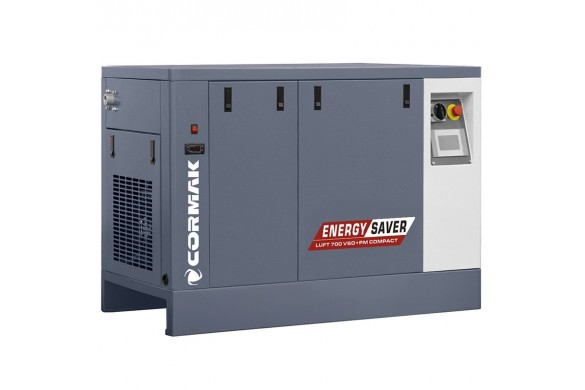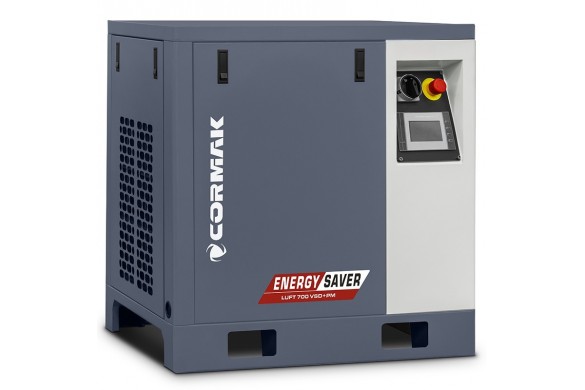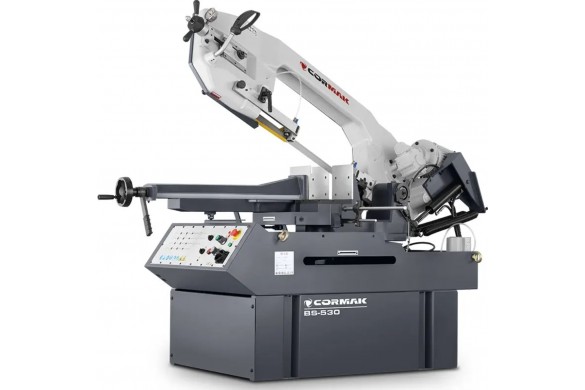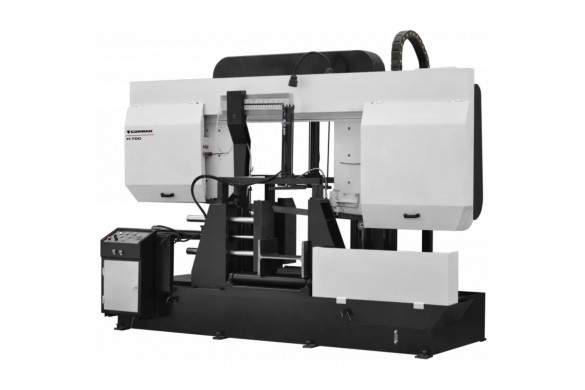How do you choose a metal lathe?
How to Choose the Right Lathe for Your Workshop: A Comprehensive Guide
In every workshop or mechanical workshop where the use of a lathe is necessary, sooner or later the question arises: what type of lathe should you choose? Whether your company specializes in industrial production or handles small orders, purchasing a metal lathe is a decision that will significantly impact both the efficiency and quality of your work. Let’s analyze what to focus on when selecting a lathe to get the most out of it in daily practice.
The Purpose of a Lathe
Lathes are an essential piece of equipment for any facility involved in metalworking. They are versatile machines used to shape metal components, primarily cylindrical ones. Lathes enable precise turning, drilling, threading, and other processes that require high accuracy. In modern workshops and production plants, metal lathes are used to produce elements such as shafts, bushings, threaded bolts, or gears.
Lathes play a crucial role in industries such as automotive, energy, aerospace, and machinery manufacturing. Thanks to their ability to perform complex operations with great precision, they help maintain high production standards. They are also indispensable in heavy industry, where industrial machinery must meet strict durability requirements, allowing the production of large and heavy parts.
What Kind of Lathe Should You Choose?
To choose a machine that will meet your expectations, you first need to determine the type of work the lathe will be used for. Various types of lathes are available on the market, differing in functionality, size, and technical specifications. Below, we present the most popular types of lathes and their applications:
-
Universal Lathes: These are the most versatile machines suitable for both small workshops and large industrial plants. Universal lathes, available in our offer, allow for the machining of various materials and performing operations such as external turning, internal turning, threading, or drilling. Their flexibility makes them an excellent choice for both single-piece and serial production. A good choice would be a universal lathe that can handle elements of different diameters, providing a wide range of applications.
-
Vertical Lathes: These industrial machines are designed for machining large, heavy components that require stable mounting. Vertical lathes have a vertical spindle, which simplifies the machining of large-diameter elements. This is an ideal solution for heavy industry, where precision and reliability are crucial. Vertical lathes can work with very large and heavy materials, making them irreplaceable in the production of large machine parts.
-
Lathe-Milling Machines: A combination of a lathe and a milling machine in one device significantly increases the machine's functionality. These machines allow both turning and milling operations, making them an extremely versatile tool in any workshop. By choosing such a machine, you save both space and time, which would otherwise be needed to switch between different machines.
When selecting a lathe, it's also essential to consider several key parameters:
-
Power and Stability: The more power the machine has, the better it handles hard materials. Stability ensures precise work, which is crucial for complex operations.
-
Turning Diameter: This is one of the most important parameters that determines the machine’s capabilities. Depending on your needs, you can choose a lathe with a larger or smaller turning diameter.
-
Spindle Speed: This should be adjusted to the type of material being machined. Lathes with adjustable spindle speeds allow more precise adaptation of the work to your needs.
If you're still wondering what kind of metal lathe to choose, it’s worth consulting with a specialist who can help you select the right machine for your needs. As an industrial machinery manufacturer, we offer a wide range of lathes that can handle even the most demanding tasks, and our advisors are ready to guide you through their features and applications.
New or Used Lathe?
When purchasing a lathe, a common dilemma is whether to choose a new or used machine. The answer depends on your budget and the type of work you plan to do. While a used lathe may seem like an attractive option due to its lower price, several factors should be considered.
A new lathe, especially from a reputable manufacturer, guarantees reliability and the latest technological solutions. When you purchase a new machine, you receive full service support and a warranty, which becomes particularly important when the machine is used long-term. Modern lathes often come equipped with advanced control systems that make the work easier and allow for better precision.
Purchasing a used lathe comes with risks. While it's possible to find machines in good technical condition, you never know how intensively they were used in the past. Used lathes may require costly repairs and maintenance, which, in the long run, may be less cost-effective than buying a new machine.
In summary, if you're looking for a long-term investment and want to avoid unexpected costs, a new lathe is definitely a better choice. In our offer, you’ll find lathes at various price points.
Conclusion
Choosing a metal lathe is a decision that requires careful thought and analysis of your workshop’s needs. Whether you're interested in a universal lathe, a lathe-milling machine, or another type of machine, it’s important to pay attention to technical specifications, functionality, and upgrade potential. As an industrial machinery manufacturer, we offer not only a wide range of lathes but also additional equipment that allows you to tailor the machine to the specific needs of your business. We encourage you to explore the CORMAK product catalog. Our equipment will provide you with precise and efficient material processing, helping you improve the quality and productivity of your production.





